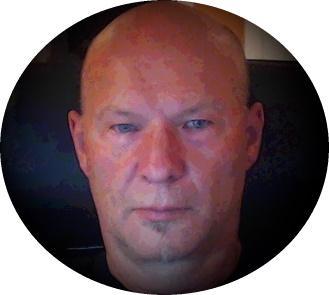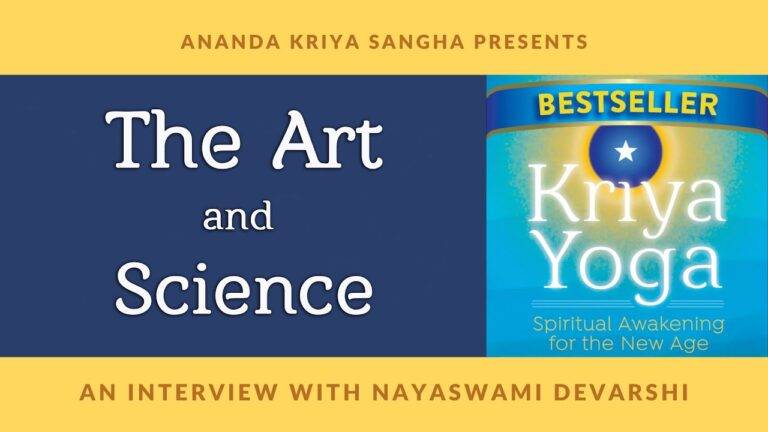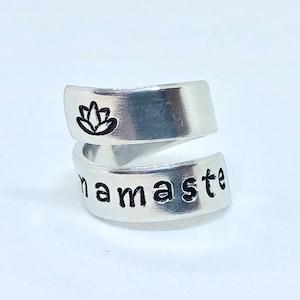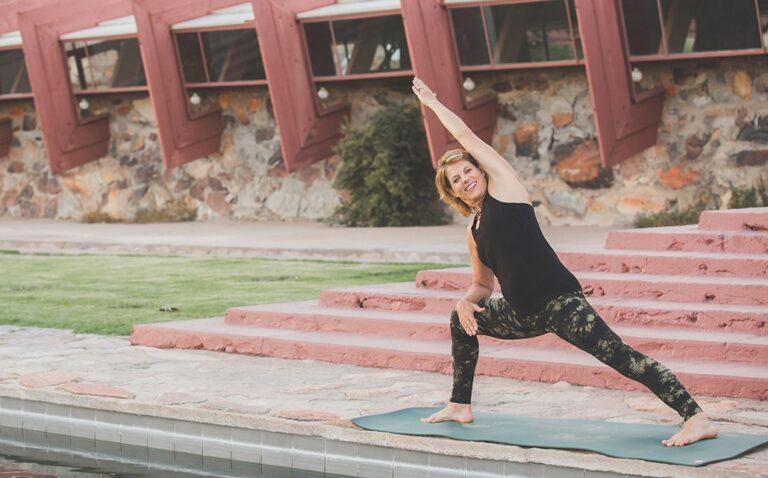Lauren Goode: Gideon, if you knew you had an extra 20 years to add to your life, what would you do with it?
Lauren Goode: It’s interesting that your mind went straight to work, because I think that if I had an extra 20 years, it would affect how I live now. Like I would try to live more in the now and not stress so much about what’s going to happen as I encroach upon midlife.
Lauren Goode: Exactly, yes. Well, our guest today is very relevant to this conversation. She can’t guarantee that we as humans are going to have some extra years, but she just might be able to do it for your dog.
Gideon Lichfield: Oh, that’s disappointing. Especially since I don’t have a dog.
Lauren Goode: Maybe it’s time to get one. Maybe it’ll help you extend your lifespan. But I hear you, I only have a cat right now, so I get the feeling.
Lauren Goode: Right. Anyway, even though she herself is only 28, Celine Halioua has been working on longevity for a long time. Her company, which is called Loyal, has been testing different clinical interventions to extend the life of dogs.
Lauren Goode: This is a good question. Dogs are a great headline grabber. They’re basically a detour on the way to extending human lifespan. When I asked Celine about this, she said that the way that dogs age is actually somewhat similar to the way that humans age. And so she thinks that eventually these clinical interventions could be used on humans.
Lauren Goode: Right. We’ve joked before about the blood of young interns on this show, and for some people, it’s probably not a joke. I did pose this question to Celine, and she had an interesting answer. I get the sense that she’s been asked this a lot, but she also came across as a lot more measured than most people in Silicon Valley who talk about this. I mean, she does have some big ideas around it, and she thinks that the pharmaceutical market for aging is going to be bigger than the cancer market.
Lauren Goode: So it’s not at the point yet where you have a control group of say Great Danes or rottweilers, and one group is on the drugs and they’ve lived longer, and another group is not on the drugs or they’re using a placebo and they had shorter lives. It’s that you’re looking at specific biomarkers around health span, and so far, some of the evidence is suggesting that there’s greater health or anti-aging in the dogs that are on the drugs?
Celine Halioua: Yeah. I wouldn’t call it anti-aging. I would call it, we’ve improved markers of pathological aging that are tied to a reduction in quality of life.
Lauren Goode: So is it accurate to say then that it is improving dog longevity at this point in time? That seems like a leap.
Celine Halioua: We haven’t extended dog lifespan yet, no.
Lauren Goode: OK. But that’s the goal?
Celine Halioua: That’s the goal.
Lauren Goode: How long before you think there is a breakthrough in this field?
Celine Halioua: What are you defining as a breakthrough?
Lauren Goode: Well, would you consider the FDA approval of the drug a breakthrough?
Celine Halioua: Yes.
Lauren Goode: And when do you anticipate this FDA approval might happen?
Celine Halioua: Yeah, so we are on track for, assuming everything goes correctly and it’s all FDA regulated, having a product that pet parents can buy in 2025.
Lauren Goode: That’s pretty remarkable.
Celine Halioua: Yeah.
Lauren Goode: This is a bit of a personal question, but what does longevity mean to you personally? When we reported the WIRED story on you, you were 28. Are you still 28, or have you—
Celine Halioua: Yes.
Lauren Goode: OK. So you’re 28 years old. You are relatively young in both life—
Celine Halioua: Hey.
Lauren Goode: … and in the world of tech founders, although youth is definitely prized in Silicon Valley.
Celine Halioua: I would say I’m old for a tech founder.
Lauren Goode: Really? You feel that way?
Celine Halioua: Not for biotech, but there’s a whole generation of like 20-year-olds here. It’s a little stressful.
Lauren Goode: What does longevity mean to you?
Celine Halioua: To me, longevity is about freedom of will and reducing the risk that you won’t be able to do the thing that you want to do because your biology kind of goes rogue. I’m not a longevity maximalist. I am not working on immortality. I’ve said many times, and nothing we’re working on at all is a path to that. To me, it’s extremely stressful that there are these whole host of diseases that if you are diagnosed with them, there’s not anything anybody can do for you, and many of those are age-related diseases. So it’s really about having a little bit more control over our biology.
Lauren Goode: Have you always been interested in this subject?
Lauren Goode: Let’s paint a little picture. You’re 80-year-old Celine, God willing, and you’ve got your, your Bernese mountain dogs that are all 18 years old.
Lauren Goode: They’ve been hanging out with you for a long time. What does your day look like? What does your health look like? Would you still be working? Would you still be gardening? Would you be running marathons?
Lauren Goode: This has been such a great conversation and I hope you have a nice future.
Gideon Lichfield: So I think I’m still not entirely clear on what Celine thinks about extending human lifespan. She’s working on making dogs live longer, but she also said she’s not a longevity maximalist, she doesn’t believe in immortality. Does she believe in making humans actually live longer or just making our lives healthier?
Lauren Goode: Well, we should probably point out the difference between health span and lifespan quickly. Lifespan is how long you live, and health span is how many healthy years you have. And it seems like a lot of the research Celine is talking about is related to health span, and that may have outcomes in terms of lifespan. But to answer your question, I think it’s more the latter, that it’s a bit of a leap at this point to say the drugs that she’s working on are directly going to affect longevity, but rather she’s working on cures to aging-related diseases and that the drugs are showing some improvements in biomarkers around aging-related diseases. And that if you can essentially hack those, then maybe it means, yes, some people live longer.
Lauren Goode: I wonder sometimes about the level of interventions that we are willing to accept or integrate into our lives, and at what point we cross the threshold from “this is really helping me live a better life” to “this is unnatural in some way that is actually interrupting natural process of aging.”
Lauren Goode: This question doesn’t come up for men. But I think that’s your point, the question of, OK, can people not just reproduce but be good parents or what you said earlier, change careers at midlife and decide to become an astronaut. These are things that we can only accomplish if we are actually healthy in our elder years, if we’re not just old, but we’re actually, we have good health span. And in general, I’m in favor of that. I think we’ve unpacked a lot of the potential positives of this, or at least the things that we feel somewhat comfortable with. What part of Loyal is most unnerving to you?
This content was originally published here.





















